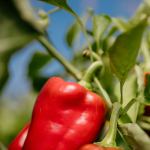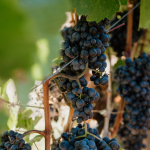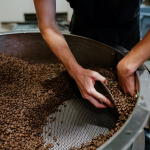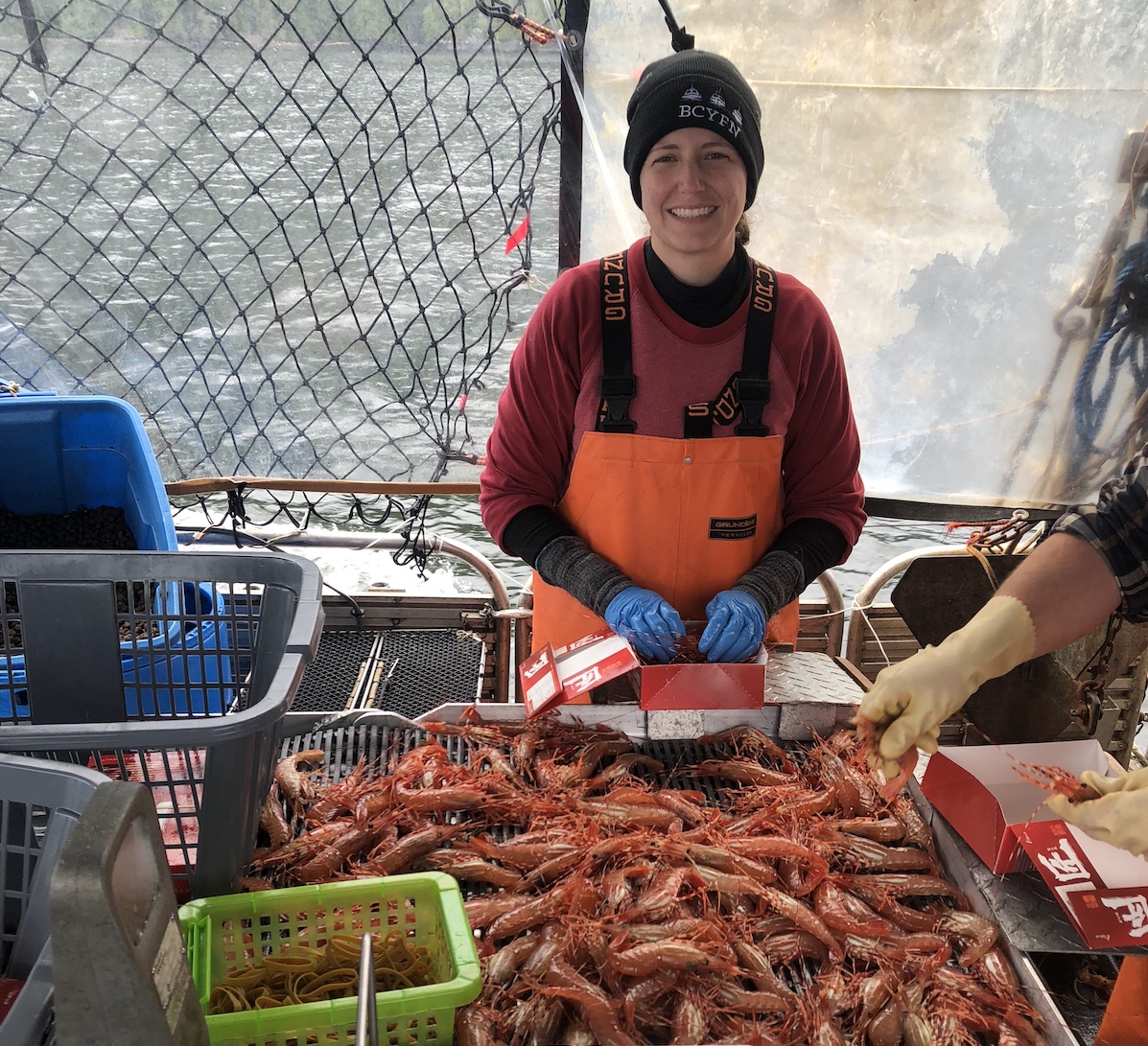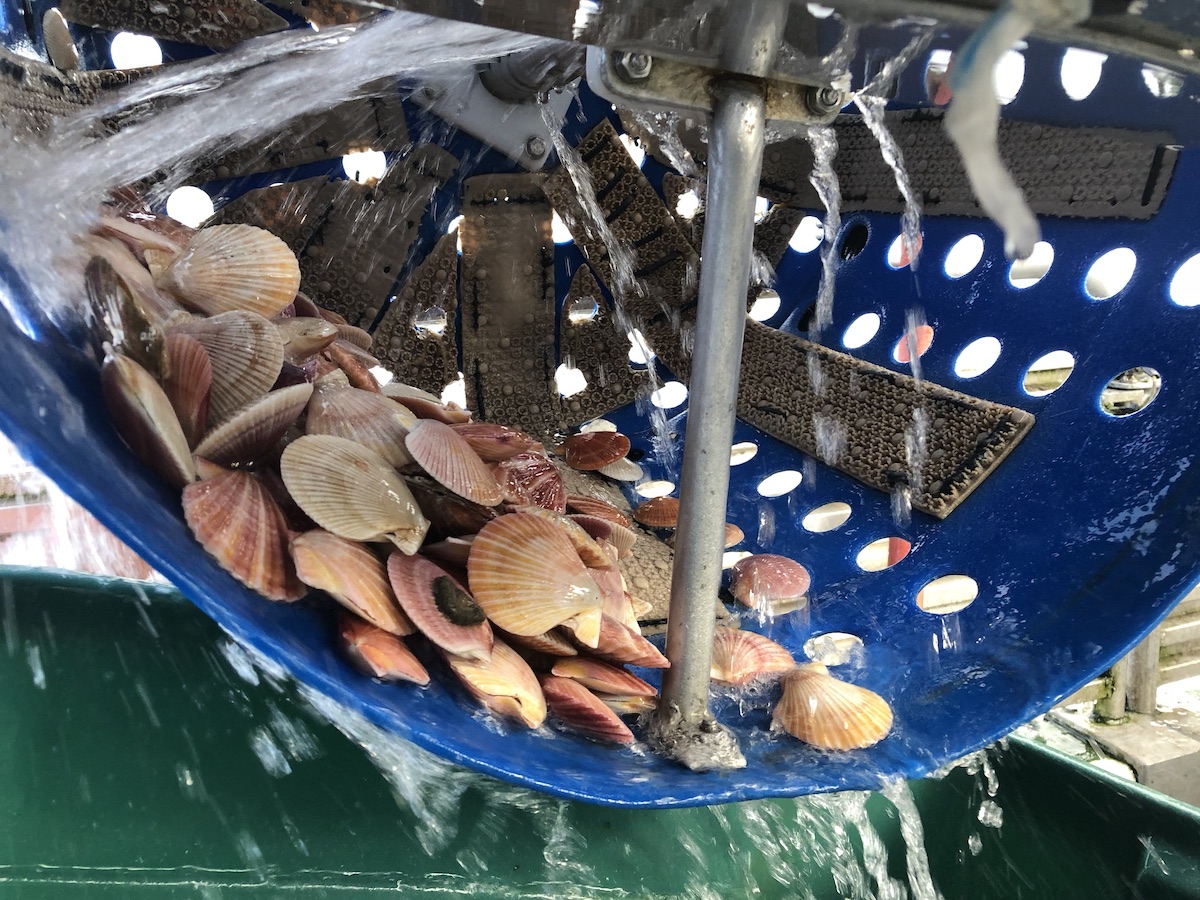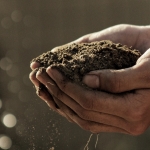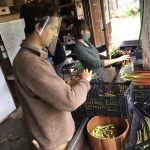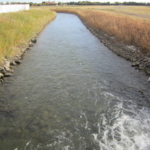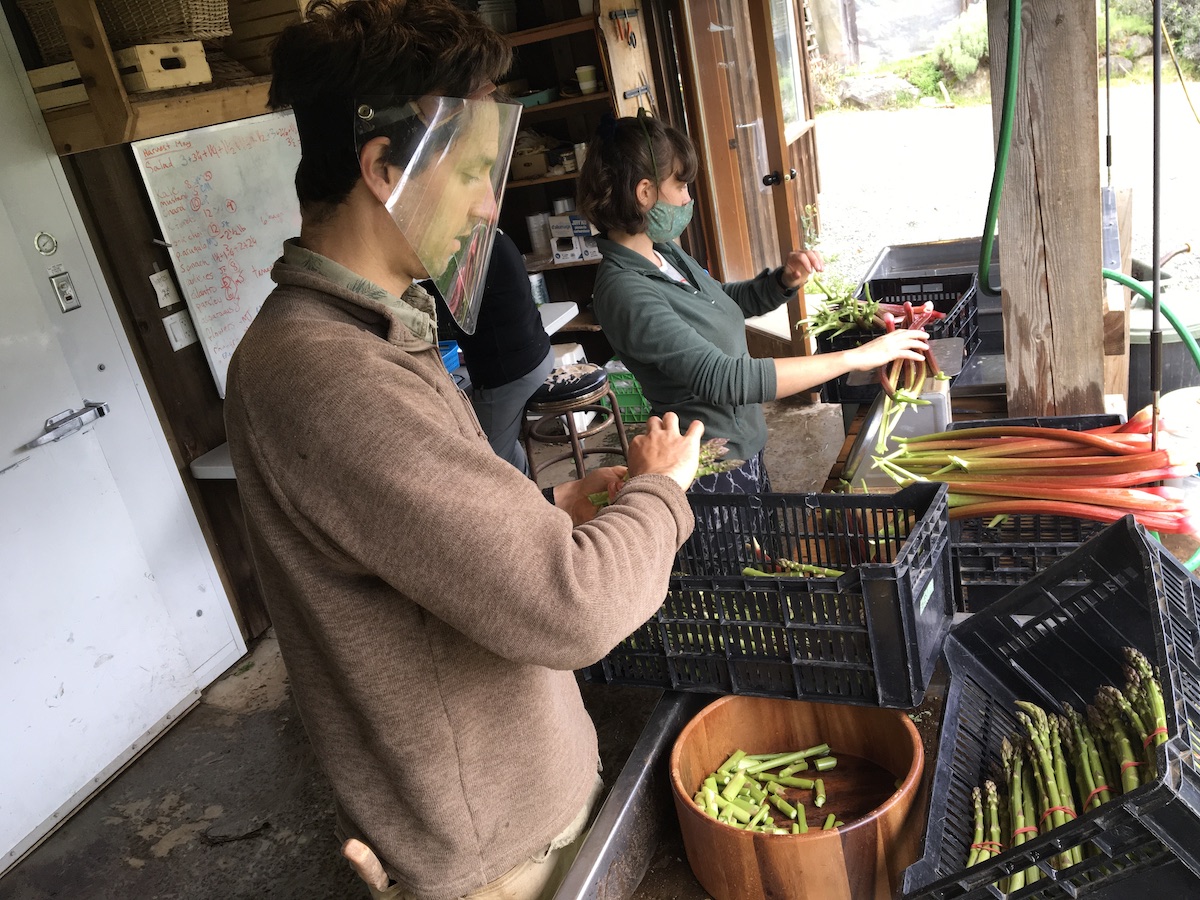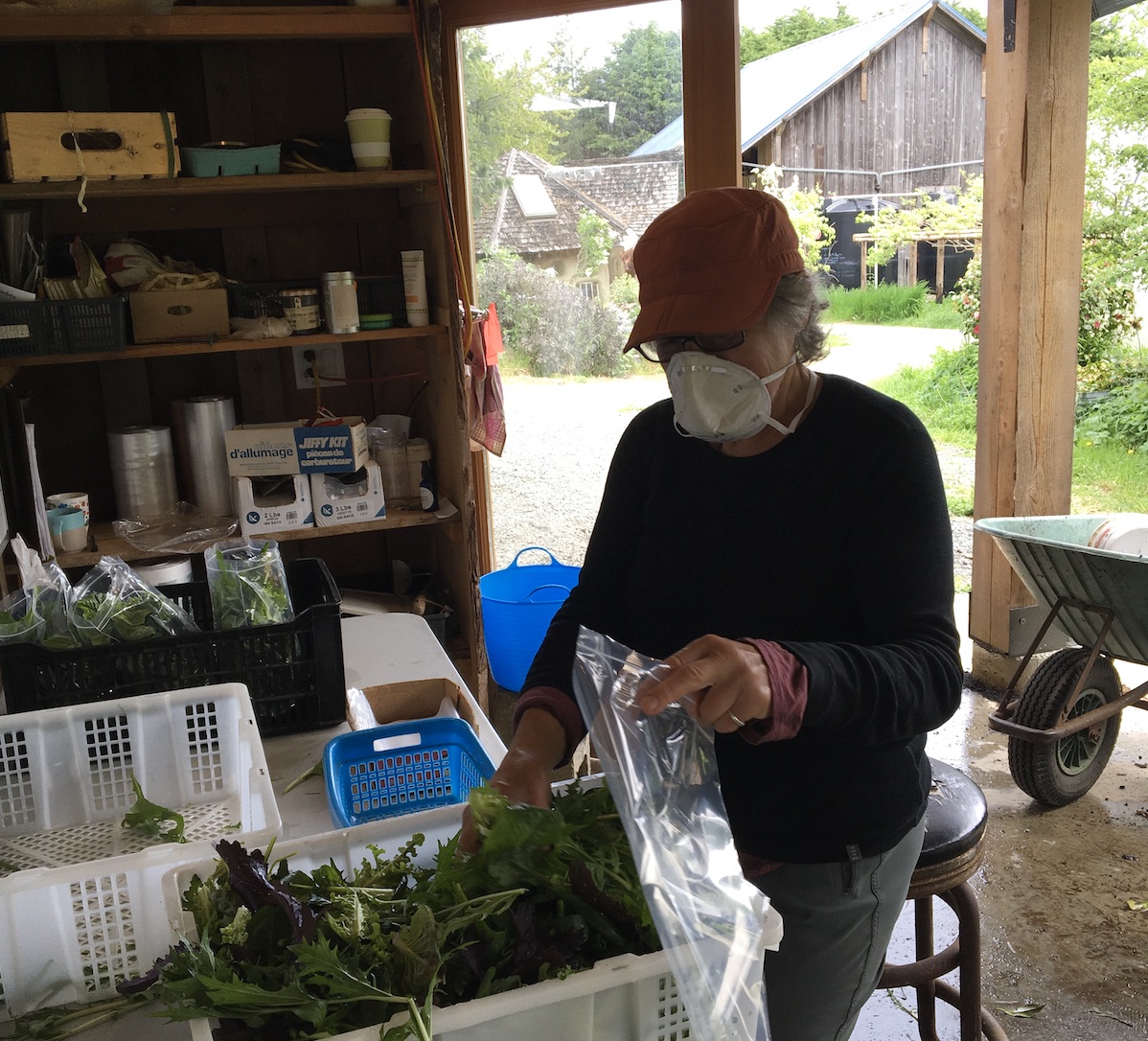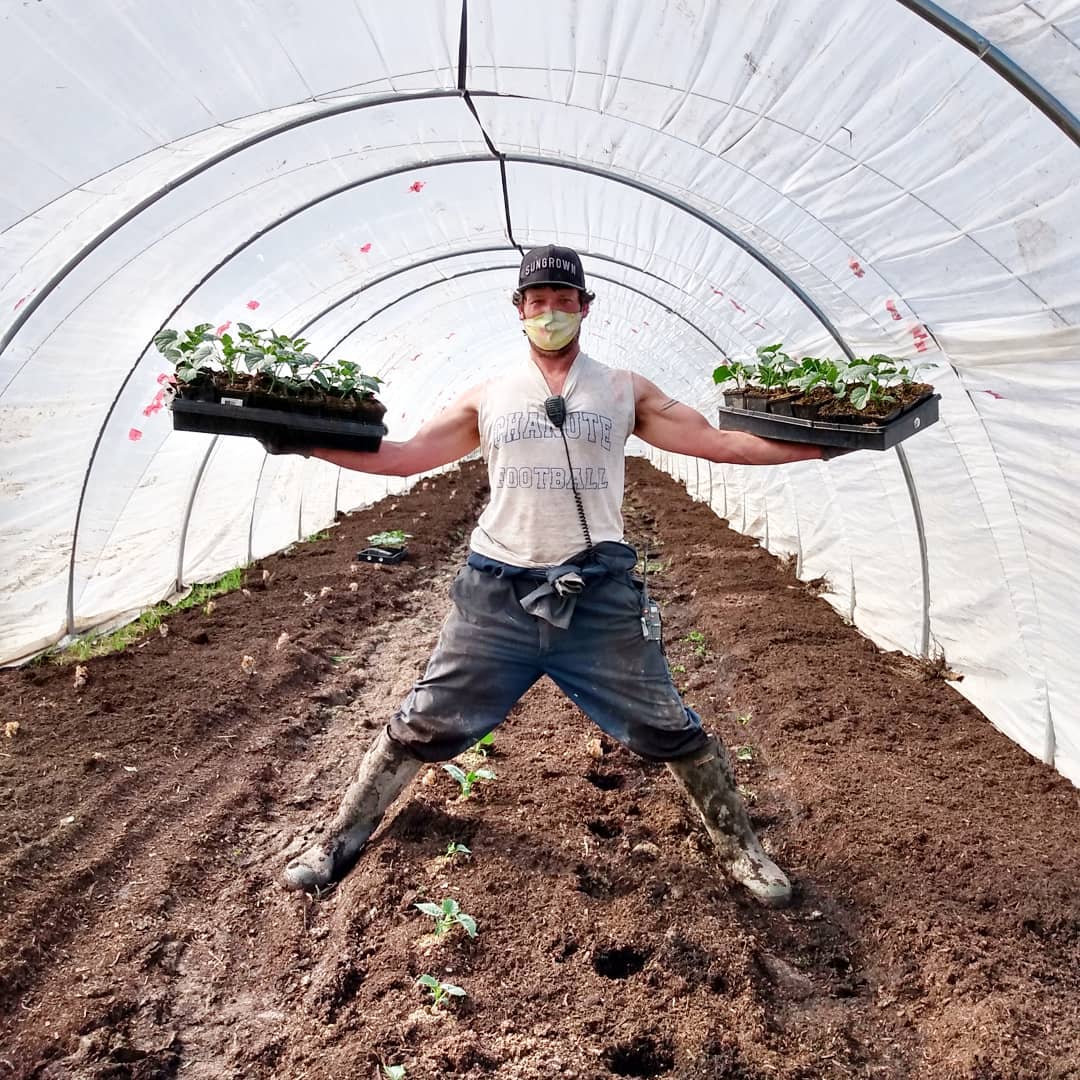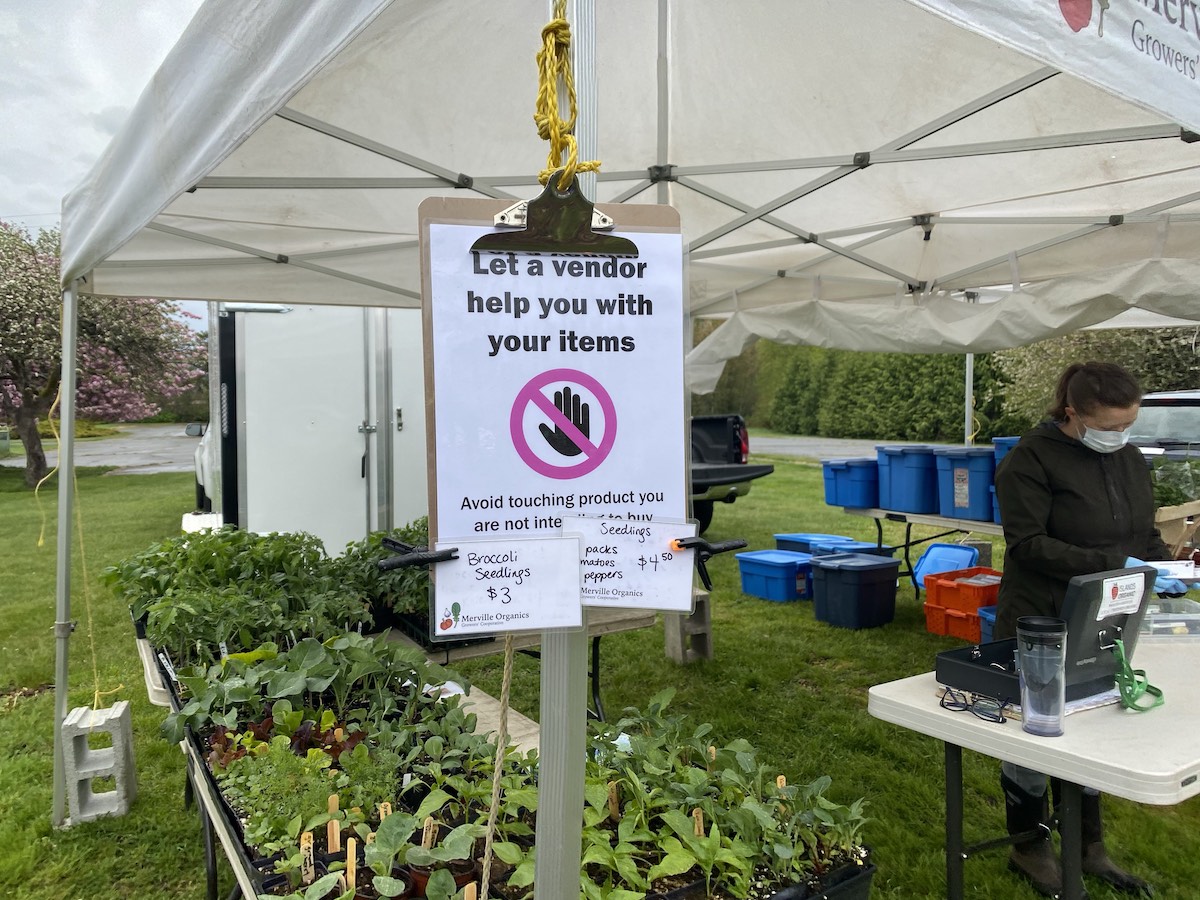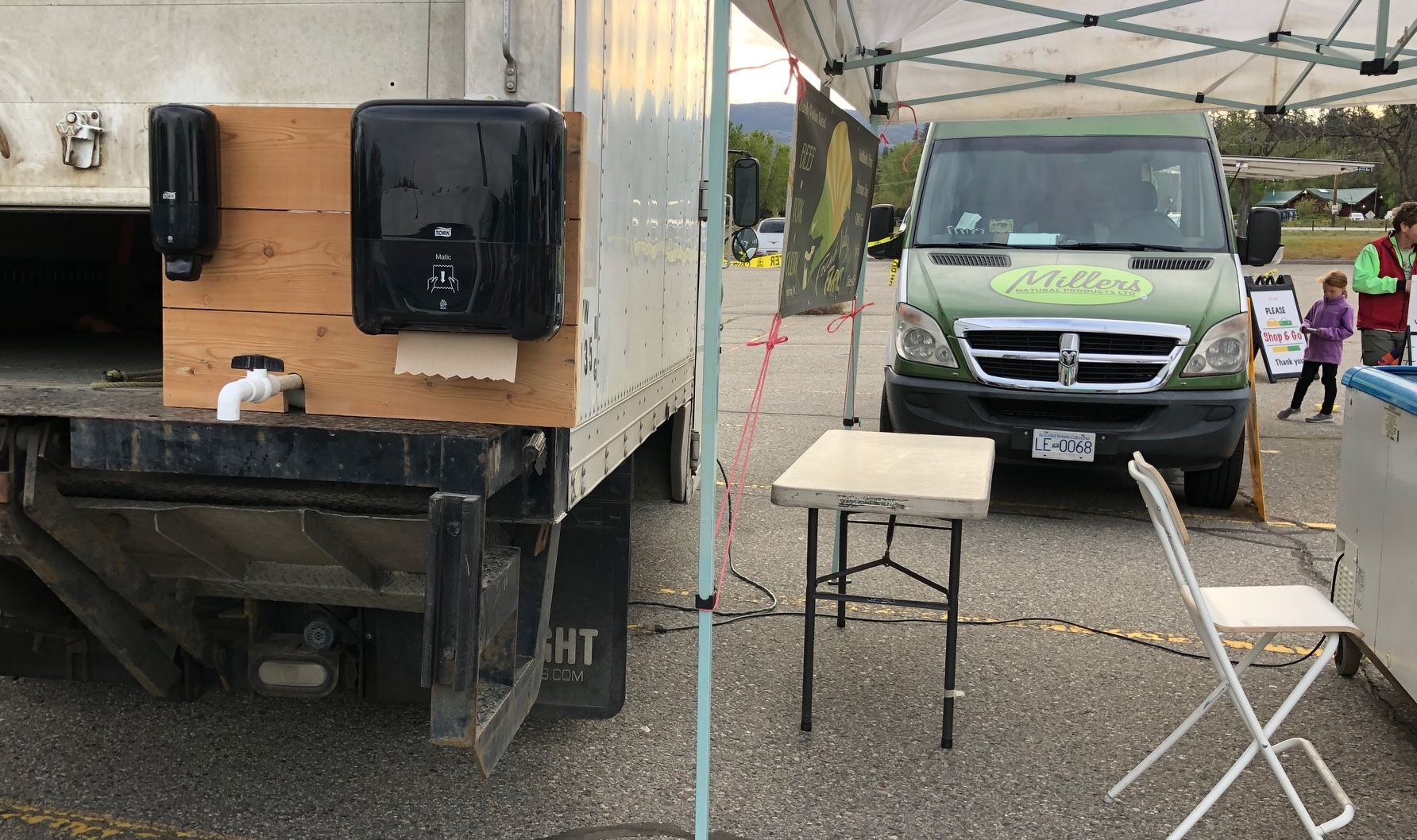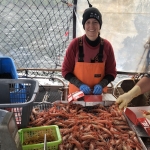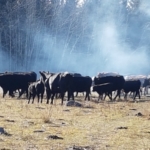Ask an Expert: COVID-19 Supports for the Organic Sector
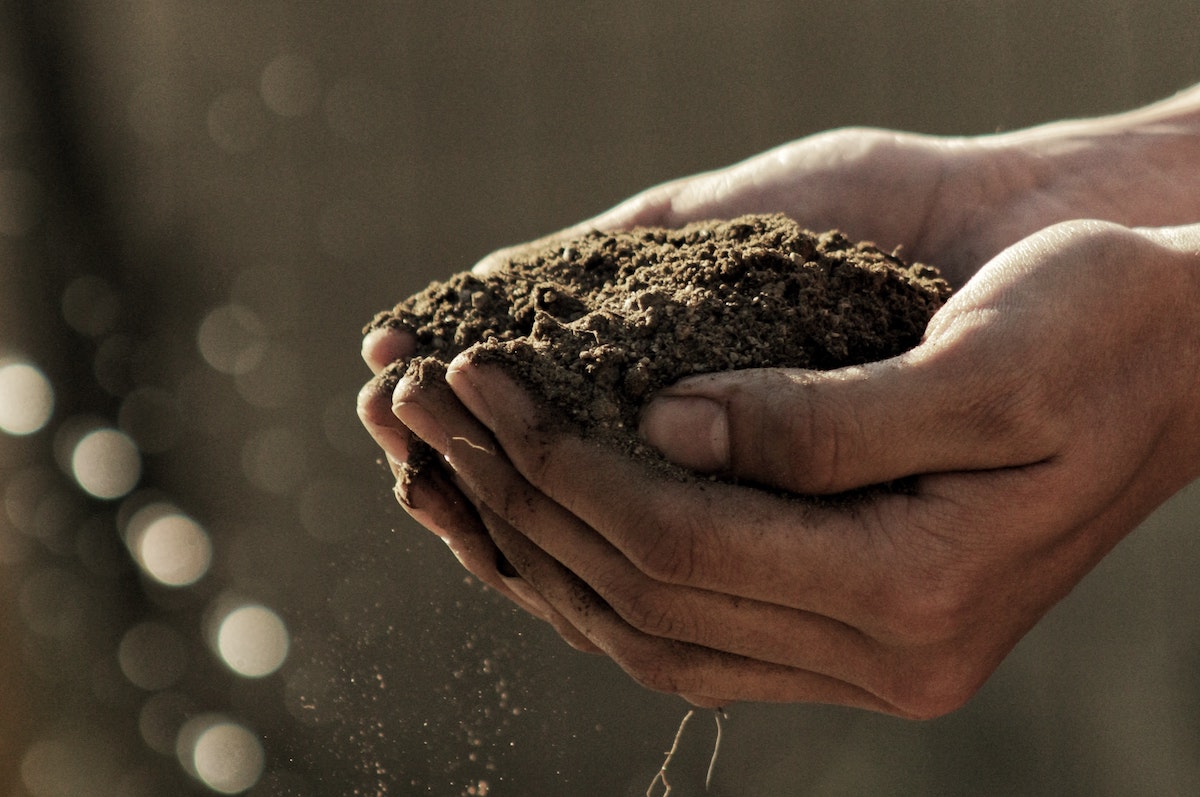
A Network of Support for BC’s Ag Industry in COVID-19
Karina Sakalauskas
I know the past two months have been a challenge to all. I hope your families and workers are staying healthy and safe at your farms.
In response to the COVID-19 outbreak and to respect physical distancing measures, Ministry staff are working remotely but are still available to assist you. We continue to support the sector’s needs by providing services via email, phone, and through virtual meetings whenever possible. As we move on to the next stage of BC’s response to the COVID-19 pandemic, we are attempting to regain a sense of normalcy.
During these last two months, the Sector Development Branch at the Ministry, to which regional agrologists and industry specialists such as myself belong, has been reaching out to industry stakeholders and reporting to executives on the impacts experienced by the agriculture sector with regards to COVID-19 containment efforts.
I am in constant contact with COABC and representatives specific to their commodity portfolio such as organic farmers from different areas and from different food and beverage categories (poultry, livestock, dairy, veggies, fruit), organic processors and distributors, the accreditation board of COABC, certification bodies, and inspectors among others.
Some of the current impacts on the organic sector, identified through outreach efforts, are as follows:
- Revenue losses from closed farmers’ markets, restaurants, and other sales outlets and difficulties in finding new supply routes.
- Lack of support for small-scale diversified farmers (lack of qualification for support and insurance programs).
- Lack of capacity for non-profit industry associations to address issues without stable revenues.
- Delays in audits and inspections, including for organic certification. New growers or those in transition to be certified organic will be most impacted by cancellations or delays.
- Information technology challenges in conducting remote inspections as well as in the transition to e-commerce by farmers.
- Labour concerns and difficulty in productivity due to physical distancing measures.
- Loss of WWOOF (World Wide Opportunities on Organic Farms) impacts organic farmers, farmers’ markets, and small-scale diversified producers.
- Shortages of Personal Protective Equipment (PPE) and other supplies.
Throughout the last week of April and first week of May, the Ministry of Agriculture planned a series of meetings for Minister Lana Popham to engage directly with industries of varying commodities and food system groups over a phone call (Phase 1). COABC’s executive director, Eva-Lena Lang, members of the COABC board, and organic farmers were invited to participate in a roundtable on April 30th, 2020.
Some highlights of the topics discussed include: support for certification bodies and COABC, support for small farms and market gardeners, collaboration between the organic sector and the Ministry, access to slaughter and processing capacity, alternative food supply chains, seed production shortages, and infrastructure and postharvest storage facilities for the organic sector. I have followed up with COABC, providing resources and initiatives related to the topics discussed. The Minister of Agriculture, Lana Popham is planning to engage with the industry again around June (Phase 2).
During this time of uncertainty, there is an overwhelming amount of information to digest. Here is a summary of the latest activities that the Ministry is conducting in response to COVID-19:
Funding Opportunities
BC Agri-Business Planning Program
The BC Agri-Business Planning Program is now open to support producers and food processors through two streams:
- COVID-19 Business Recovery Planning to help BC producers and processors develop and implement an immediate and long-term recovery plan.
- Specialized Business Planning to enable BC producers and processors to make more informed decisions and strengthen their business.
BC Food and Beverage (BCFB) Protecting our People: PPE Access Program
BCFB announced a program to procure and offer PPE for the exclusive benefit of the food production, seafood, and agriculture sectors in BC. Companies needing PPE can purchase through this initiative. BCFB’s goal is to order in large enough quantities to make them more affordable for industry to purchase them.
On-Farm and Post-Farm Food Safety Program (OFFS): COVID-19 funding now available
OFFS is offering funding for protective and safety equipment for the April 2020 to March 2021 fiscal year. Eligible companies can seek funding to acquire PPE and other approved safety supplies for use at their facilities in order to maintain a safe workplace and mitigate the risk of COVID-19. With applications for personal protective equipment funding only, the usually mandatory Good Agricultural Practices assessment requirement is waived.
Funding Updates
Canada Emergency Business Account (CEBA)
CEBA has decreased the requirements for a payroll of $20k to make the funds more eligible for sole proprietors (i.e. owner/operators of small farms).
Resources and More
Recommendations for U-Pick, Farm Stands and Agri-tourism
These new documents outline information for U-pick, farm stands, and agri-tourism operators to meet Provincial Health Officer (PHO) orders, notices, and guidance. The information in these documents is meant to complement PHO recommendations.
BC Food Product Notification and Tracking Tool
The Ministry Food Service and Distribution working group has developed a tool to track existing overages and shortages of BC products due to COVID-19, sharing this information with potential markets. If you are experiencing difficulty in finding sales channels for your products or are lacking in inventory, please email me at karina.sakalauskas@gov.bc.ca
BC’s Restart Plan and the Agriculture and Seafood Sector – Important Information
Many sectors, including Agriculture, are encouraged to make plans and establish protocols on how they can operate safely in line with Public Health and Safety Guidelines. WorkSafeBC and the Ministry of Agriculture will work with industry associations to ensure the direction and guidance they provide to their members meets the requirements set out by the Provincial Health Officer. Individual businesses will need to ensure their own plans align with these sectoral plans.
Receiving Temporary Foreign Workers – Provincial Inspections for COVID-19
All temporary foreign workers arriving in BC for seasonal farm work are required to self-isolate in government-managed accommodations for 14 days before being transported to their farm. Host farm operators must ensure a safe workplace and demonstrate proof of an inspection control plan with the Ministry of Agriculture.
Guidelines for Protecting BC Farmers and Farm Workers during the COVID-19 Pandemic
On-Farm Food Safety and Good Agriculture Practices: COVID-19 Frequently Asked Questions
Small Lot Pork Producer Management & Production
BC AGRI, in collaboration with BC Pork, have released a new resource manual titled Small Lot Pork Producer Management & Production. While not related to COVID specifically, it is of special interest as many people are starting to raise their own animals and would like to learn more about best management and recommended animal husbandry practices.
To keep up-to-date on how we are supporting you, I would recommend signing up for our AgriService BC bulletin. Sign up here.
The Ministry of Agriculture maintains a list of resources for businesses, including support for businesses on our website.
As we continue to adjust to the ever-changing social landscape in the face of COVID-19, I would like to say thank you to everyone continuing to work on your farms to support the local organic food sector.
Please feel free to send me your comments, ideas, and questions at karina.sakalauskas@gov.bc.ca
Karina is the Organic Specialist with the BC Ministry of Agriculture.
Feature image credit: Gabriel Jimenez


